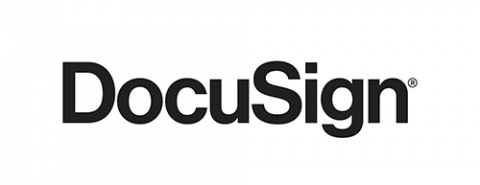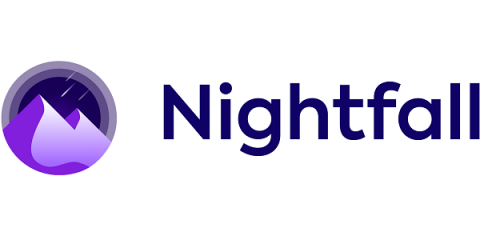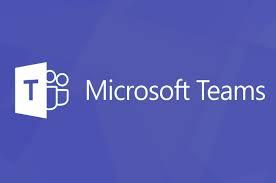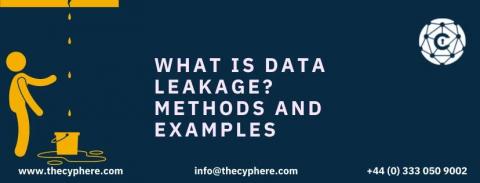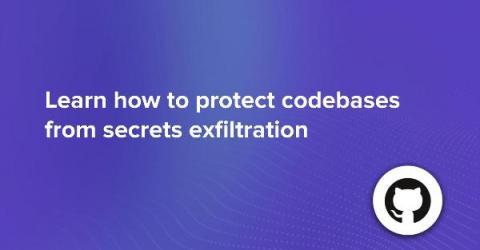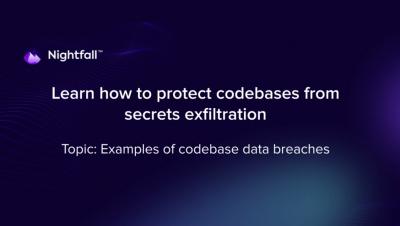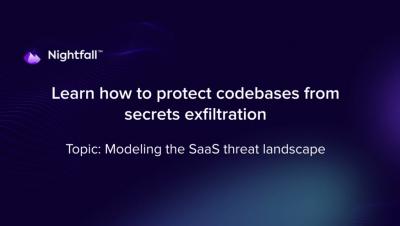Is DocuSign HIPAA Compliant?
Historically, processing claims, forms, and legal documents was an expensive and time-consuming affair that took place over fax and mail. DocuSign is one of the oldest companies in the electronic document processing space. Founded in 2004, the company has helped millions of users sign and validate documents online.


